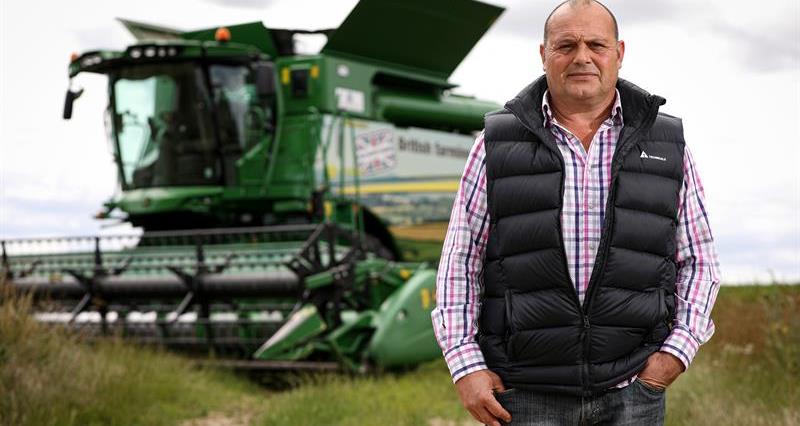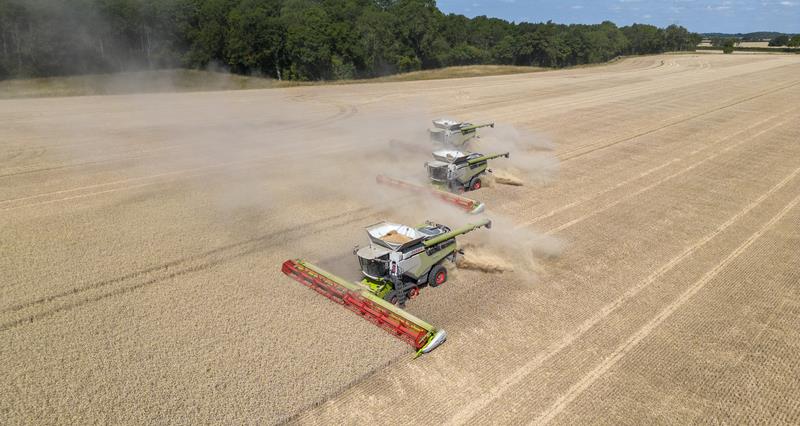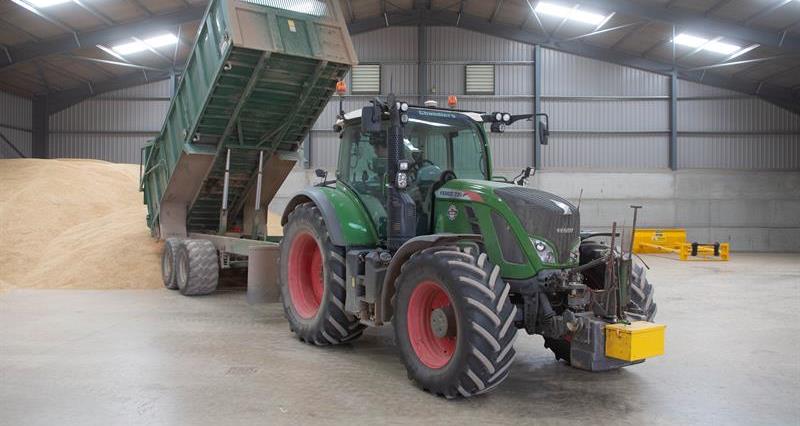As one of six priorities identified by the NFU’s Combinable Crops Board, fairness in the supply chain encompasses a range of issues which many farmers will have faced.
The lack of established rules addressing supply chain fairness, the absence of legislative interventions to ensure contracts are fair, and the still pending agreement on established data sharing protocols comprise the significant challenges facing members when selling.
Without these mechanisms in place, growers find themselves in a weak negotiating position within their supply chains and are incredibly exposed to the changeability of the market.
While some might argue that this is an inherent risk of trading a commodity that is bought and sold on the futures market, ‘with high risk comes high reward’, within its current structure, the grain trading market can be complicated and unclear to many that are on the outside selling in.
Clear and transparent marketplaces
As a board, we are looking at how we can work with the government and industry to make the marketplace clearer and more transparent, supporting growers and those along the chain to work more collaboratively.
We are aware that the nature of business requires each stage to receive their fair share of added value; while for some growers the value is clear and accessible for others it can be less obvious and somewhat difficult to obtain.
However, it is not entirely down to the market or government to deliver improvements – we must work to support growers in upskilling and understanding their contracts from the outset.
“As a board we will work on behalf of members to promote and support the industry in strengthening its hand in selling into the market.”
NFU Combinable Crops Board member Matt Culley
Establishing a strong contractual agreement that works for the grower as well as the customer is the foundation of helping individual businesses to improve productivity, sustainability, and resilience.
Digging into the data
One of the key components to this work is data sharing and transparency, and could be considered the first step in working collaboratively along the supply chain.
Where growers can receive and understand data, they can implement improvements to their business operations. And where this data is collected en-masse by a trusted industry body such as the AHDB, it can be put to work in helping the wider sector in matching market trends and understanding how trade flows can be optimised.
Over the coming months, we will work to support the development of a ‘toolbox’ of key policy asks and support, and as a board we will work on behalf of members to promote and support the industry in strengthening its hand in selling into the market.
Alongside this, the rest of the supply chain must play its part, and as a first step I would encourage members across the country to share any issues they have had via our contract fairness hub.




